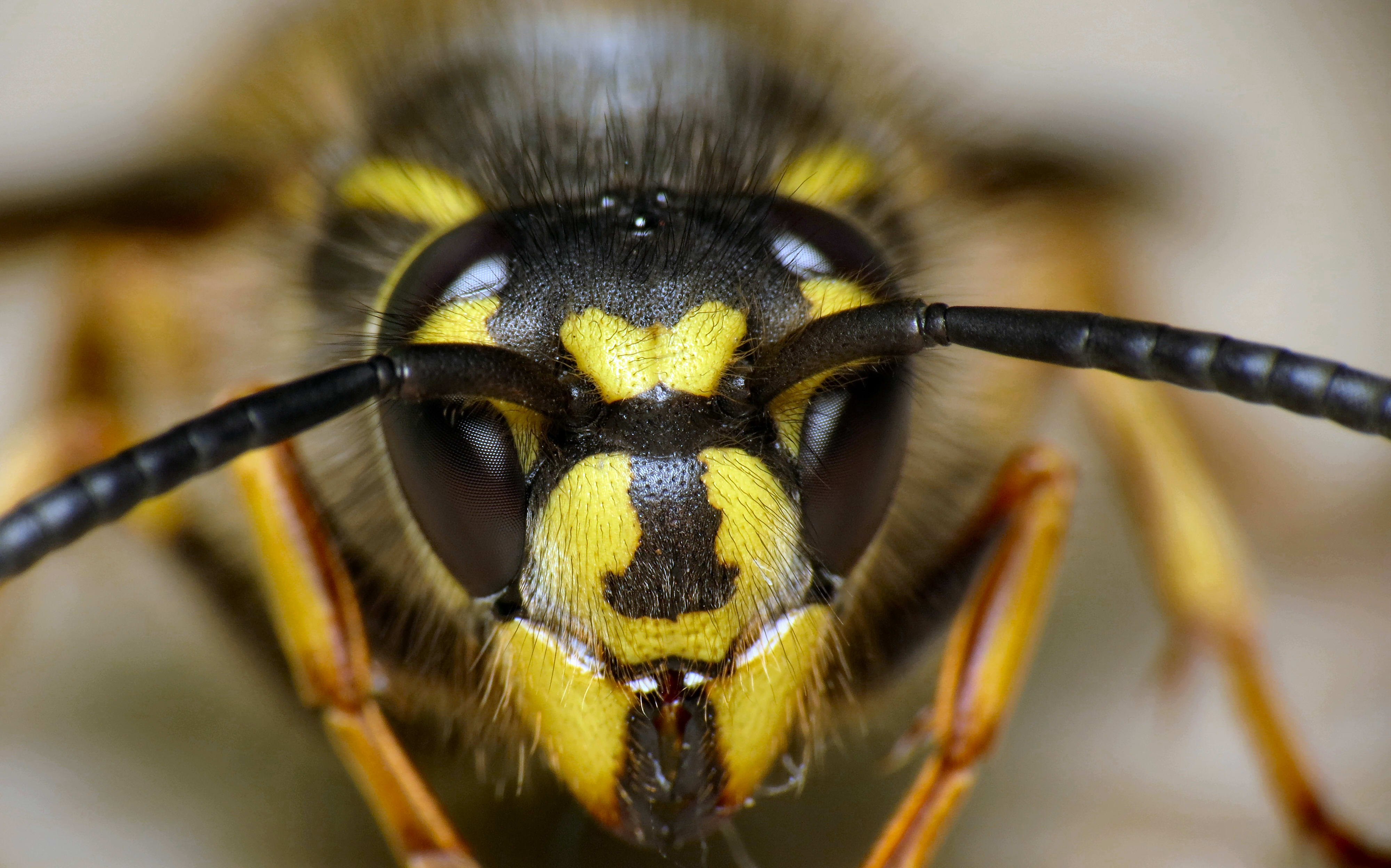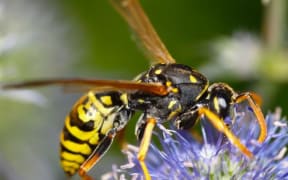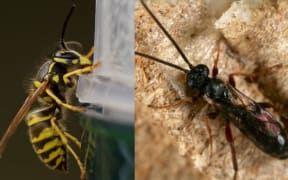Conservationists say we need to reduce the number of invasive wasps in New Zealand's beech forests by about 90 percent if we want to protect the native ecosystem.

Wasps cost New Zealand millions of dollars a year in agricultural losses and ecological damage. Photo: CC BY 2.0 Martin Cooper
Invasive wasp populations boom in January and February with about 12 wasp nests per hectare in beech forests in parts of New Zealand.
They compete with native species for nectar and honeydew, attack honeybees and kill a range of native invertebrates and even newly hatched birds.
An expert in invasive wasp species at the University of Auckland, Professor Jacqueline Beggs, told Nine to Noon there has been good progress in the fight against invasive wasp species with poison baiting, and other emerging technologies.
But she says there are still extraordinarily high numbers of wasps in New Zealand, far more than overseas, and a lot of work to do.
"They're particularly bad in the top half of the South Island because of that association between the native scale insect and the beech trees and they produce that sugary honey dew, so that's kind of like coating your trees in sugar and that's the perfect resource for wasps."
The whole nutrient cycling in the forest is affected by wasps taking out the honey dew as it would usually be washed by the rain into the soil, Ms Beggs said.
She said poison baiting is the most elegant solution for killing wasps.




